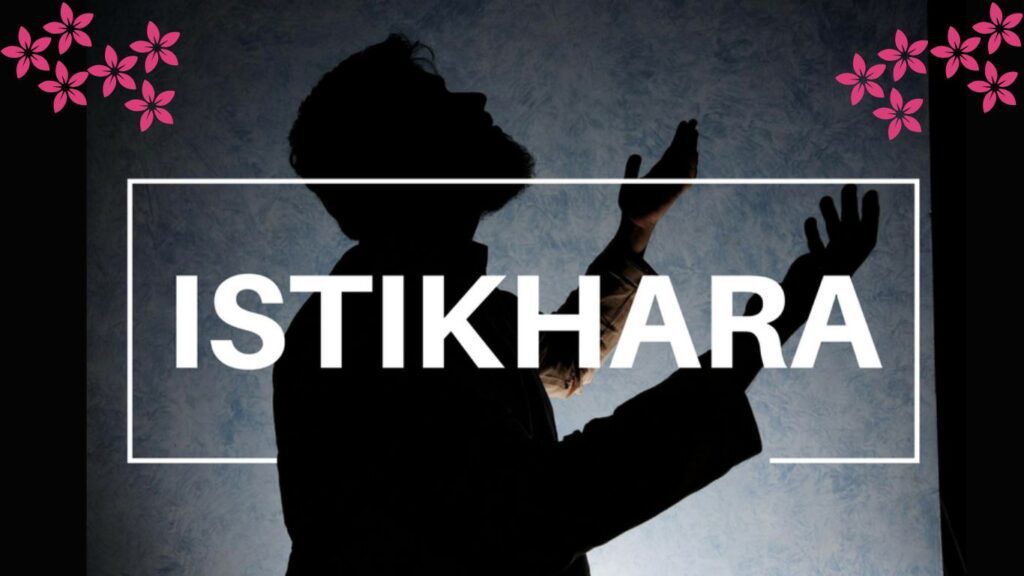Istikhara: Misconceptions and Correct Practice
When faced with important life decisions—like choosing a spouse, accepting a job offer, or relocating—many Muslims turn to Istikhara for guidance. Yet despite being a widely known practice, it’s often surrounded by confusion and false expectations.
This blog aims to clarify what Istikhara truly is, how to perform it correctly, and address common myths that often lead people astray.
What Is Istikhara?
The term Istikhara comes from the Arabic word “khayr,” which means good. It’s a supplication made when one is unsure about a choice and wants to seek what is best in the eyes of Allah—both for this world and the Hereafter. It’s not about predicting outcomes, but about seeking divine help in making the right move.
The Prophet Muhammad ﷺ emphasized this act of turning to Allah so much that he taught his companions how to do it as he would teach them a verse of the Qur’an.
The Hadith That Teaches Us
In a well-known narration from Sahih al-Bukhari, the Prophet ﷺ said:
“When one of you is concerned about a decision he has to make, he should pray two rak‘ahs other than the obligatory prayer, then say…”
(He then taught the supplication we know today as the Istikhara dua.)
This dua asks for divine direction and protection from harm, while placing full trust in Allah’s wisdom.

How to Do It Properly
Performing Istikhara is straightforward:
-
Make Wudu (Ablution): Begin in a state of cleanliness.
-
Pray Two Rak‘ahs: These should be voluntary (non-obligatory) units of prayer.
-
Recite the Dua: After completing the prayer, say the supplication for guidance, either in Arabic or in your own language if needed.
There’s no set time to perform this act, though many people prefer doing it at night when they are calm and undistracted.
What to Expect Afterwards
One of the most misunderstood aspects of Istikhara is what happens after. Many expect immediate dreams, vivid signs, or a supernatural feeling. In reality, most often, the response comes subtly—through ease, clarity, or unexpected outcomes.
You may feel more at peace with one option. Or, one path may start to open while another gradually closes. That is part of the divine response.
Common Misconceptions
Here are some widespread myths that often confuse people:
1. “You’ll See a Dream”
There’s no requirement to see a dream. Many people never do—and that’s perfectly fine. The guidance can come through events or an internal sense of certainty.
2. “Someone Else Has to Do It for You”
While asking for advice is good, you don’t need someone else to make this prayer on your behalf. It’s a personal form of connection with Allah that anyone can do.
3. “It Gives a Yes or No”
This isn’t a yes/no tool. Rather, it helps you lean into whatever decision Allah knows is better for you—even if you don’t understand it at the moment.
Can You Repeat It?
Yes, you can. If you’re still unsure, there’s no harm in repeating the process for a few nights. What matters most is sincerity and trust in the outcome, even if it’s different from what you hoped for.
Use It for All Kinds of Decisions
Although commonly associated with marriage, Istikhara isn’t limited to that. You can use it when choosing between jobs, relocating, or deciding on any major life step. Whenever you’re unsure and seeking clarity, this prayer is a reliable spiritual tool.
Practical Advice Before and After
-
Do your research: Don’t skip planning and expect the prayer to replace due diligence.
-
Consult others: Combine prayer with consultation (shura) for the best results.
-
Be ready for the outcome: Sometimes what’s best may not be what you initially wanted.
The Real Benefit
The biggest gain from this practice isn’t always a specific outcome—it’s the peace that comes from knowing you’ve handed your decision over to the One who knows everything. That kind of surrender reduces anxiety and builds trust in your relationship with Allah.
Final Thoughts
Rather than expecting a dream or a voice from the sky, focus on the inner clarity and trust that often follows this prayer. When done correctly, Istikhara empowers you to make decisions with calmness, knowing that whatever unfolds is part of a greater plan.
For more blog The Significance of Muharram in Islam -2025

